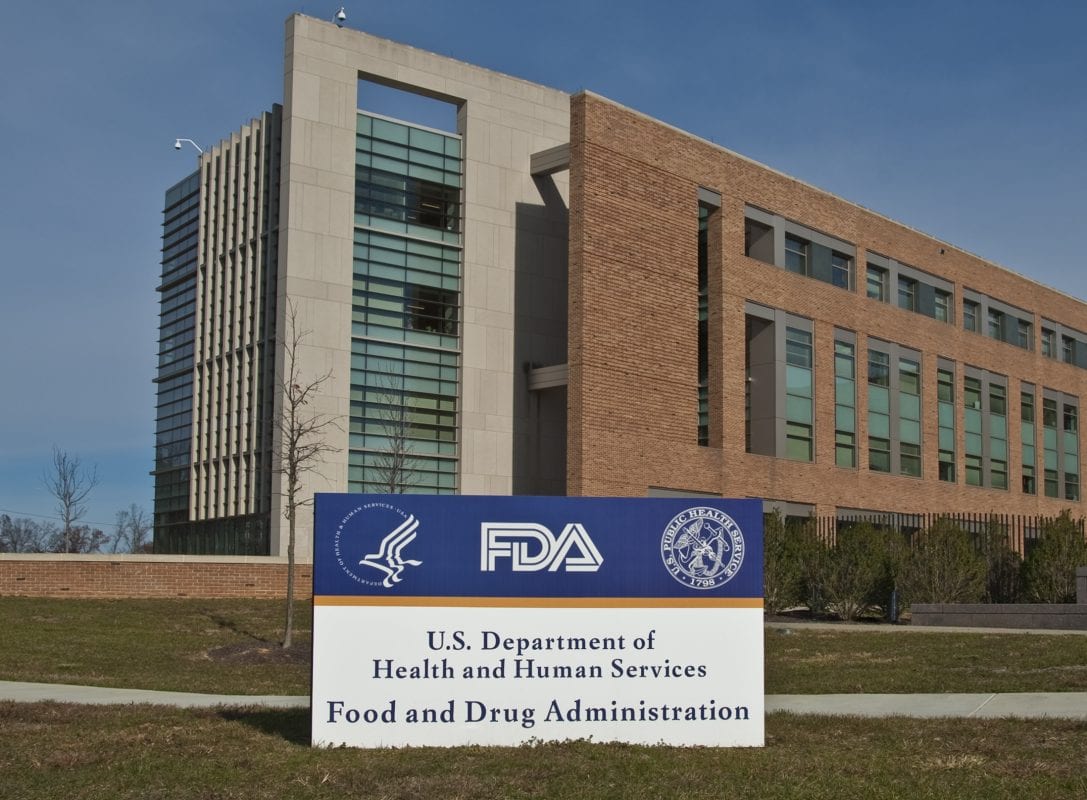This was originally published in RealClearScience on December 6th, 2022.
Every day, numerous research teams around the world tirelessly toil to create lifesaving cures for terrible illnesses. Decades of scientific research paid off in spectacular fashion recently when the Food and Drug Administration (FDA) approved a gene therapy called Hemgenix designed to help treat adults with Hemophilia B. Sufferers of this deadly disease cannot produce a pivotal blood-clotting protein, leading to frequent spontaneous bleeding episodes, swelling, bruising, and childbirth complications.
Up until now, patients have had to make do with intravenous infusions to enable clotting. But, thanks to Hemgenix, patients will be able to keep bleeding at bay via a one-time infusion. While the FDA should be lauded for its far-sighted approval, the agency should ensure that promising, future therapies are also given the green-light. Millions of lives could be saved with sensible regulatory reforms.
Gene therapies such as Hemgenix have steep upfront costs. At $3.5 million per dose, the medication is the most expensive in the world. Even at this astronomical price, the medication will ultimately save the healthcare system – and taxpayers – significant sums of money. An adult patient requiring regular infusions of Factor IX (the clotting protein) costs private insurers and government insurers (e.g., Medicaid and Medicare) $300,000 to $500,000 annually.
A young adult taking Hemgenix could save $15 to 20 million over the course of his or her lifetime just by avoiding these recurring expenses. These savings can certainly add up, considering that spending on hemophilia treatments has been rapidly increasing in recent years. From 2005 to 2019, taxpayer-funded Medicaid spending on hemophilia treatments skyrocketed from $521 million to $1.57 billion. Lowering these astronomical figures would not only result in lower tax bills, but in lower premiums for the private beneficiaries of insurance plans. And most importantly, patients suffering from this terrible disease will no longer have to think about when and where they’ll get their next treatment.
Gene therapy clearly has the potential to change countless lives and put a dent in healthcare spending. However, these therapies cannot work their magic without a regulatory system to accommodate them. The National Institutes of Health notes that, “[g]ene therapy is particularly relevant to rare disease patients, as more than 80 percent of rare diseases have a known monogenic (single-gene) cause.” That can pose a real problem for the FDA approval process, which relies on large, randomized clinical trials to test the safety and efficacy of medications. Rare disease trials are inherently tricky because there often aren’t enough volunteers to enroll. Some sponsors of diseases for rare drugs have tried to get around this issue by using historical datasets on patients (i.e., external controls) to partially replace actual study volunteers.
Despite repeatedly urging more treatments for rare diseases, the agency has been critical of clinical trials using historical or “retrospective” data for controls. In briefing documents, the FDA criticized studies for a pediatric brain cancer drug for relying on some information collected during the 1990s and early 2000s when cancer treatments may have been less effective. In the same analysis, though, the FDA reported that it was in fact able to control for patients’ use of other treatment (i.e., radiation therapy, surgery, chemotherapy) and the time-period of treatment. And, even after adding the controls, the results appear encouraging for the medication. Nonetheless, the message of the briefing documents was clear. Companies using external controls to validate drugs for rare diseases are bound to face considerable FDA scrutiny even when there’s evidence of safety and efficacy.
The FDA can widen the pipeline for gene therapies by tempering its skepticism and working with companies to find innovative drug testing strategies. Treatments such as Hemgenix can transform healthcare, but only if officials are willing to give them a chance.
David Williams is the president of the Taxpayers Protection Alliance.

